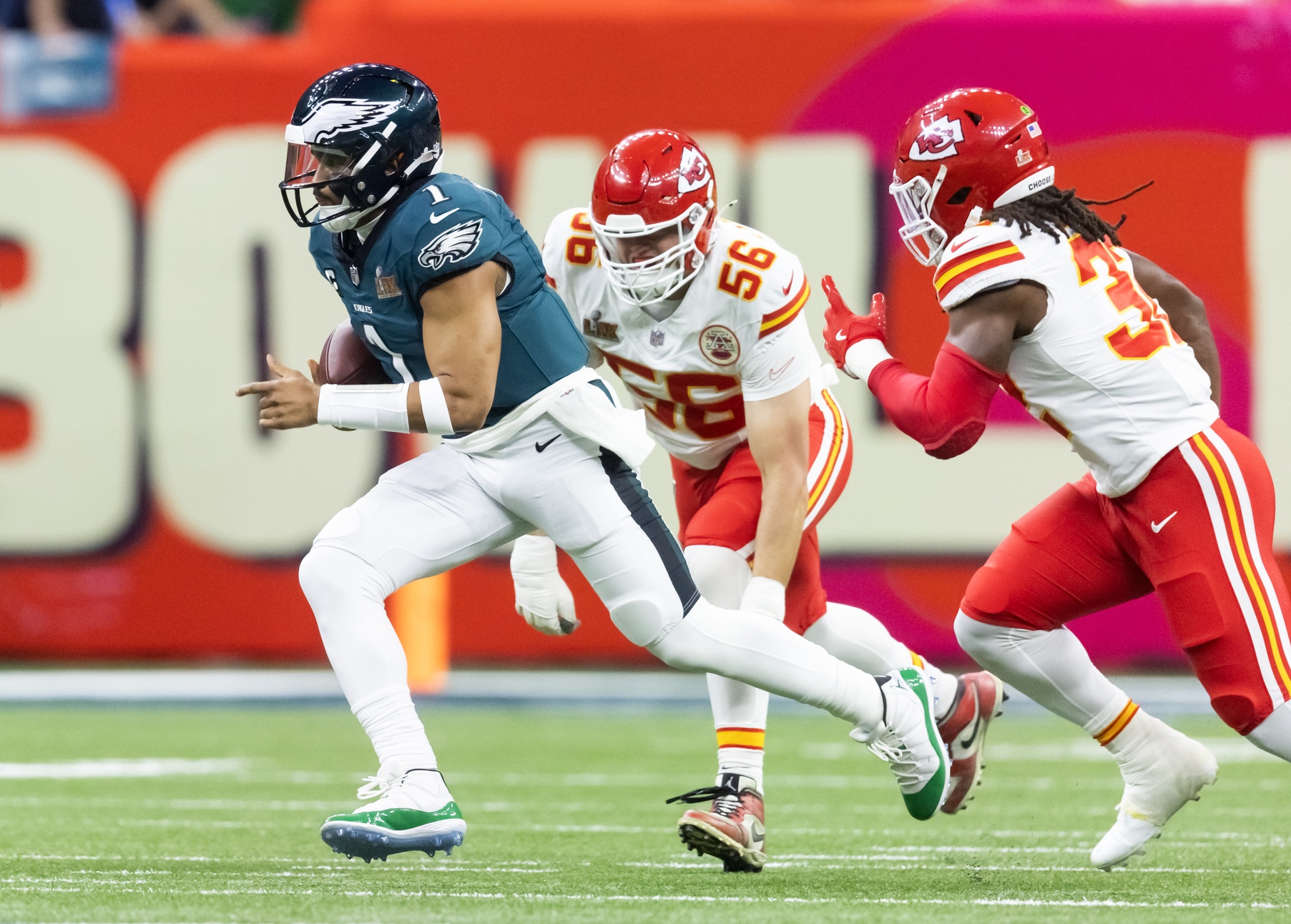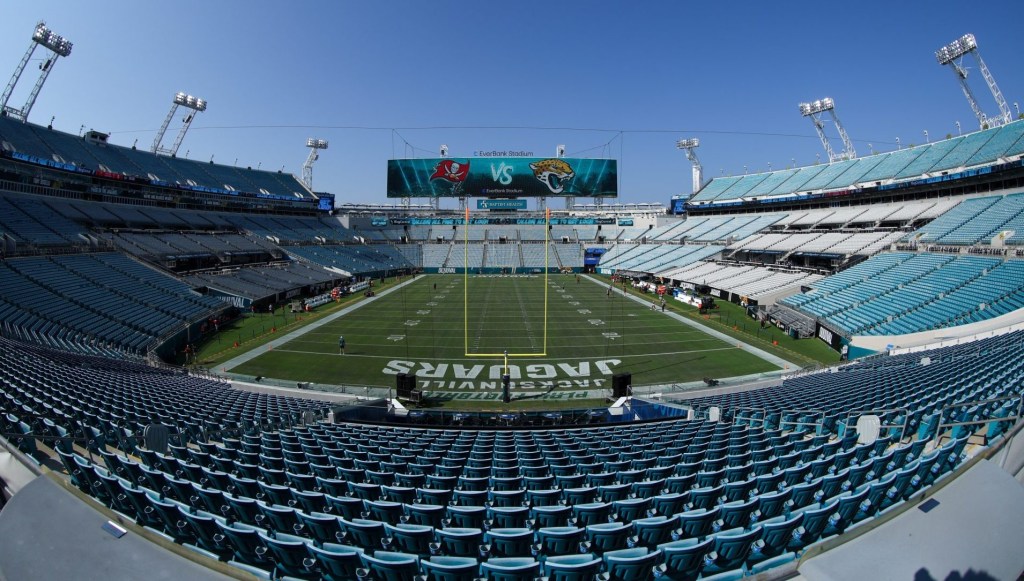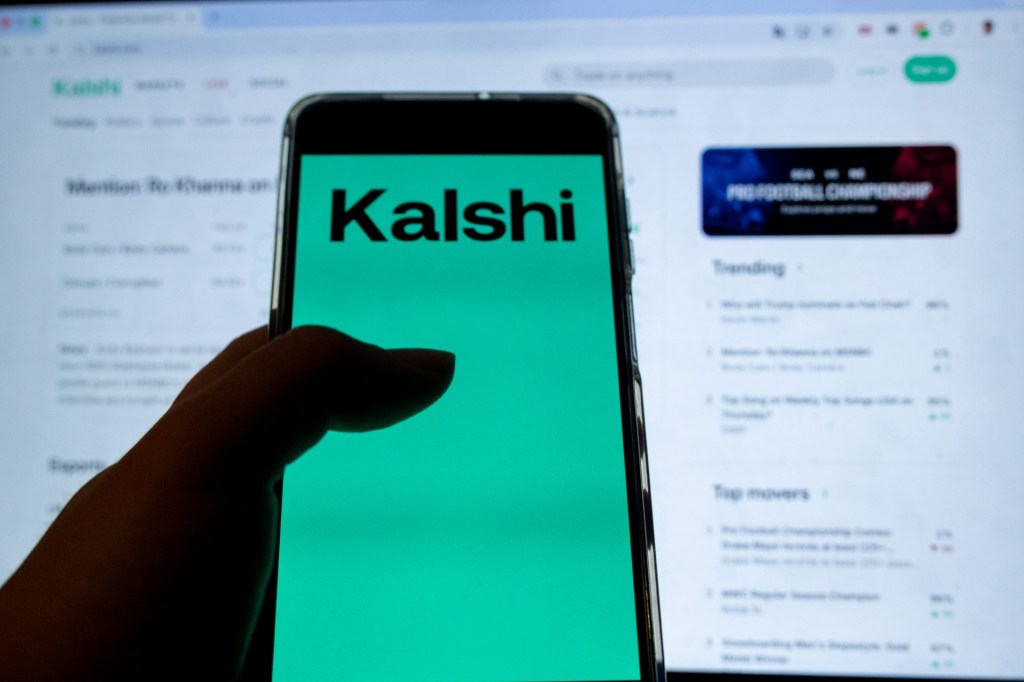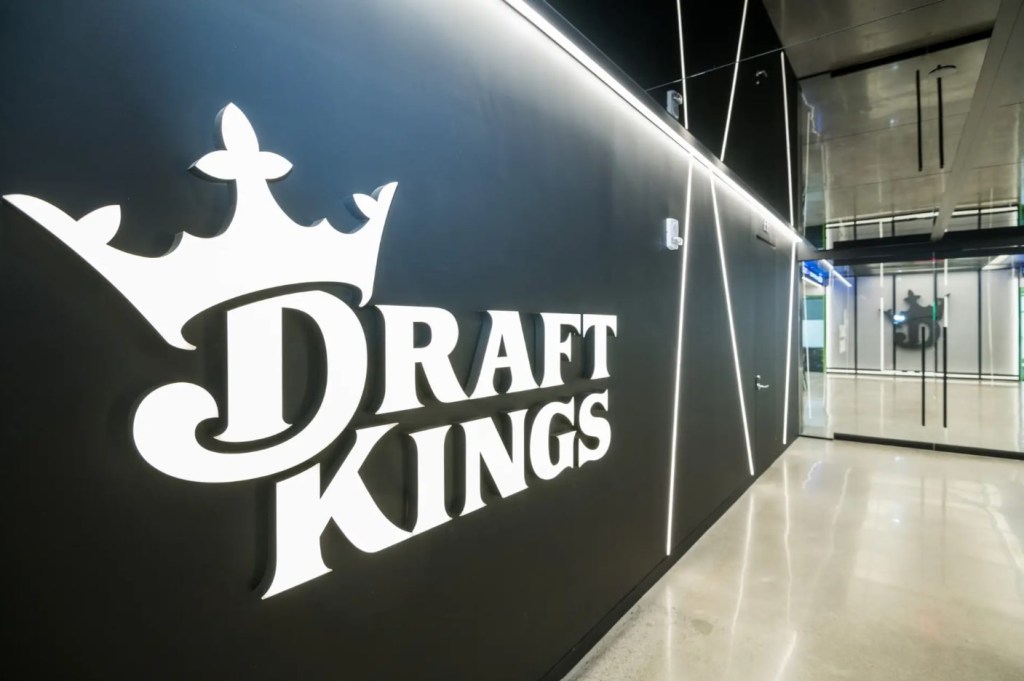Kalshi is forging ahead with more sports betting markets despite getting dealt a blow in a court ruling in Maryland earlier this month.
The prediction-markets exchange on Monday informed the federal regulator Commodity Futures Trading Commission (CFTC) of its newly launched event contracts, which allow users to trade on how many touchdowns a given player will score in a game, point spreads, and the overall total score, the company confirmed exclusively to Front Office Sports. Until now, Kalshi has had relatively straightforward sports offerings like futures (such as awards and championship odds) and single-game moneylines (meaning outright winners).
Kalshi spokesperson Sara Slane told FOS the new offerings are limited to football, for now.
“This is a natural progression in our offerings, and clearly there’s huge consumer demand,” Slane said.
“Bringing these markets under CFTC oversight gives consumers the same level of protections as Wall Street traders and institutions,” Kalshi CEO Tarek Mansour said in a statement.
The sports betting industry has been paying great attention to Kalshi’s legal situation in recent months. Traditional sportsbooks, like FanDuel and DraftKings, are regulated state by state. Kalshi, however, is federally regulated by the CFTC and has therefore been operating in states where sports betting is technically illegal, like Texas and California.
Kalshi has argued in court that it differs from standard sportsbooks because, on its exchange, bettors are wagering against one another as opposed to the house.
In a federal court ruling in Maryland this month, U.S. District Judge Adam B. Abelson argued he did not see the distinction between Kalshi and typical sports gambling. “[T]he courts and Congress have long recognized states’ authority to regulate gambling conducted within their borders,” the judge argued.
Nevertheless, Kalshi immediately appealed for an injunction and will remain operating in the state at least until the 4th Circuit rules on it. At least five other states have sued Kalshi, which had been on a winning streak in court until the Maryland decision. Plus, last month the company was sued in California federal court by three Native American tribes.
Kalshi has grown in part through partnerships with trading giant Robinhood, and last month touted that more than $2 billion in sports-event contracts have been traded on its exchange this year. The company raised $185 million in funding in a round led by crypto-focused venture capital firm Paradigm in June.
The company appears to have significant federal political support. Kalshi board member Brian Quintenz is President Donald Trump’s nominee to be the next chair of the CFTC, but his nomination has been held up in recent weeks. Donald Trump Jr. is a strategic advisor for Kalshi.





![[Subscription Customers Only] Jul 13, 2025; East Rutherford, New Jersey, USA; Chelsea FC midfielder Cole Palmer (10) celebrates winning the final of the 2025 FIFA Club World Cup at MetLife Stadium](https://frontofficesports.com/wp-content/uploads/2026/02/USATSI_26636703-scaled-e1770932227605.jpg?quality=100&w=1024)




![ESPN Bet broadcasts inside the PGA Tour Studios building in Ponte Vedra Beach, Florida, on March 14, 2025. [Clayton Freeman/Florida Times-Union]](https://frontofficesports.com/wp-content/uploads/2026/02/USATSI_25668497_168416386_lowres-1-scaled.jpg?quality=100&w=1024)






